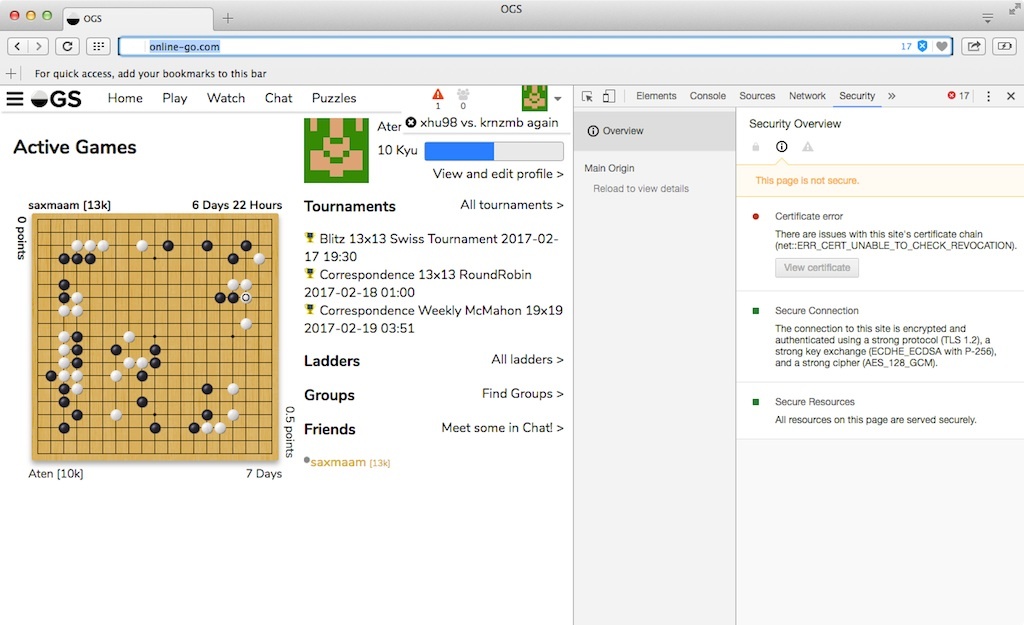

- #Avast server certificate has been revoked Patch
- #Avast server certificate has been revoked software
Microsoft saw the need to patch their cryptography subsystem so it would check the status of certificates before trusting them. In a noteworthy example, a certificate for Microsoft was mistakenly issued to an unknown individual, who had successfully posed as Microsoft to the CA contracted to maintain the ActiveX 'publisher certificate' system ( VeriSign). CRLs or other certificate validation techniques are a necessary part of any properly operated PKI, as mistakes in certificate vetting and key management are expected to occur in real world operations. While all expired certificates are considered invalid, not all unexpired certificates should be valid. The certificates for which a CRL should be maintained are often X.509/ public key certificates, as this format is commonly used by PKI schemes.Įxpiration dates are not a substitute for a CRL.

To validate a specific CRL prior to relying on it, the certificate of its corresponding CA is needed. To prevent spoofing or denial-of-service attacks, CRLs usually carry a digital signature associated with the CA by which they are published. During a CRL's validity period, it may be consulted by a PKI-enabled application to verify a certificate prior to use. All CRLs have a lifetime during which they are valid this timeframe is often 24 hours or less. A CRL is issued by a CRL issuer, which is typically the CA which also issued the corresponding certificates, but could alternatively be some other trusted authority. A CRL can also be published immediately after a certificate has been revoked. Reasons to revoke a certificate according to RFC 5280 are:Ī CRL is generated and published periodically, often at a defined interval. If, in this example, the private key was found and nobody had access to it, the status could be reinstated, and the certificate is valid again, thus removing the certificate from future CRLs. Hold This reversible status can be used to note the temporary invalidity of the certificate (e.g., if the user is unsure if the private key has been lost). The most common reason for revocation is the user no longer being in sole possession of the private key (e.g., the token containing the private key has been lost or stolen).
#Avast server certificate has been revoked software
Certificates may also be revoked for failure of the identified entity to adhere to policy requirements, such as publication of false documents, misrepresentation of software behaviour, or violation of any other policy specified by the CA operator or its customer. Revoked A certificate is irreversibly revoked if, for example, it is discovered that the certificate authority (CA) had improperly issued a certificate, or if a private-key is thought to have been compromised. There are two different states of revocation defined in RFC 5280:

5 Problems with certificate revocation lists.


 0 kommentar(er)
0 kommentar(er)
